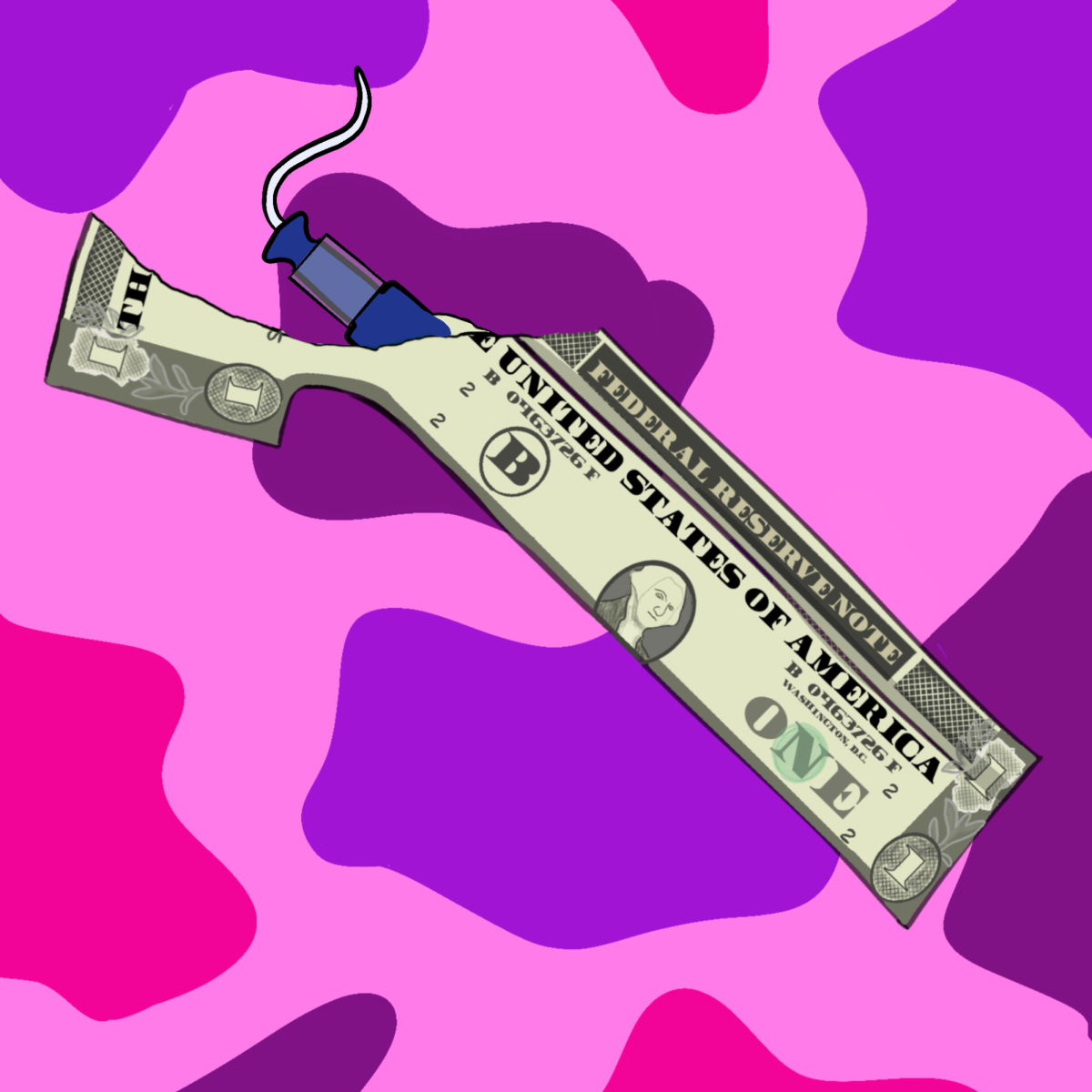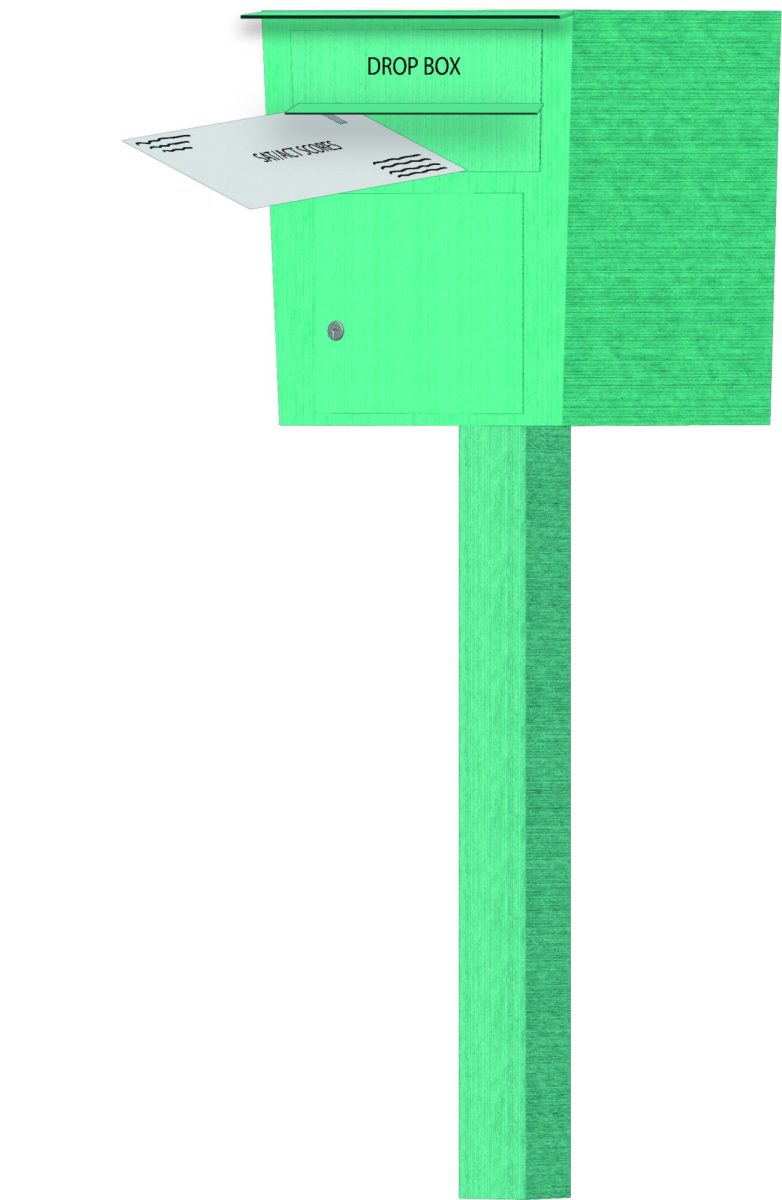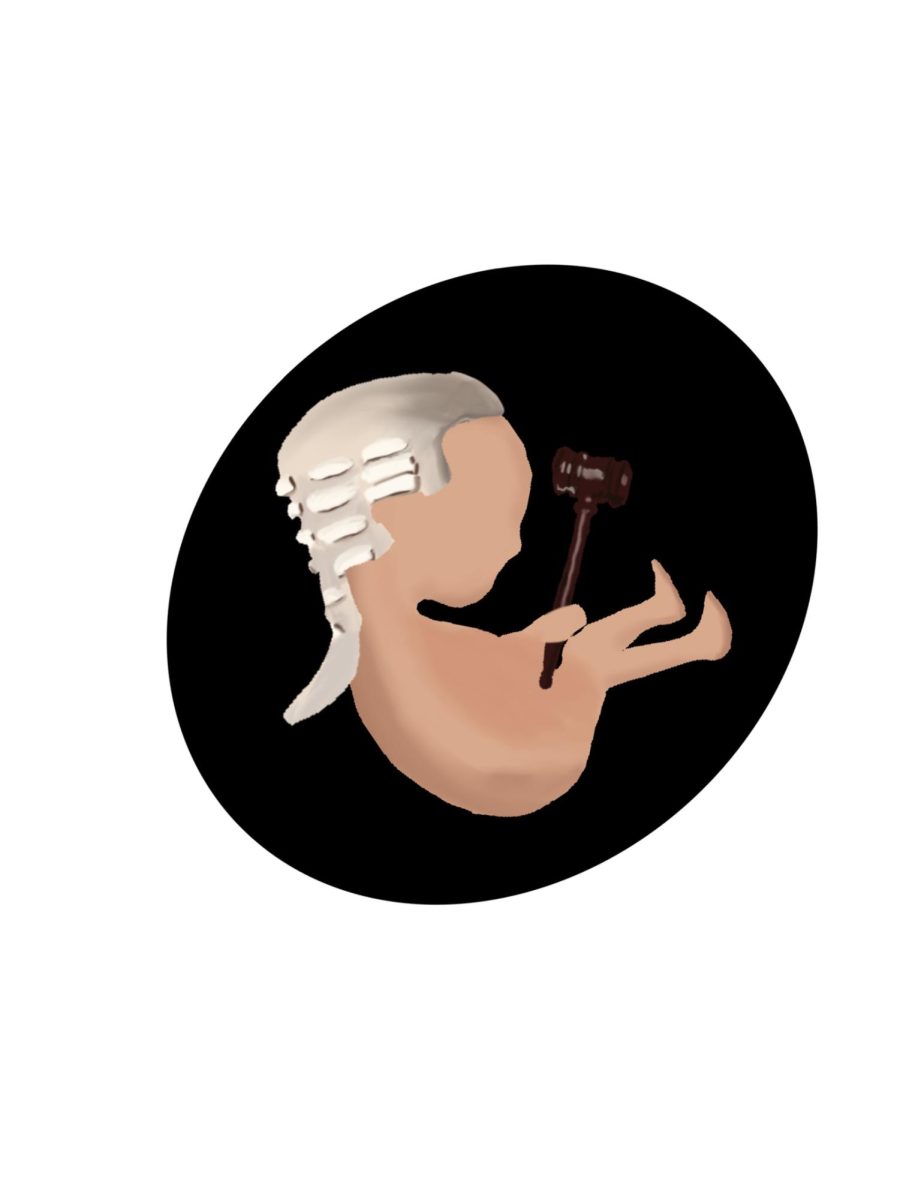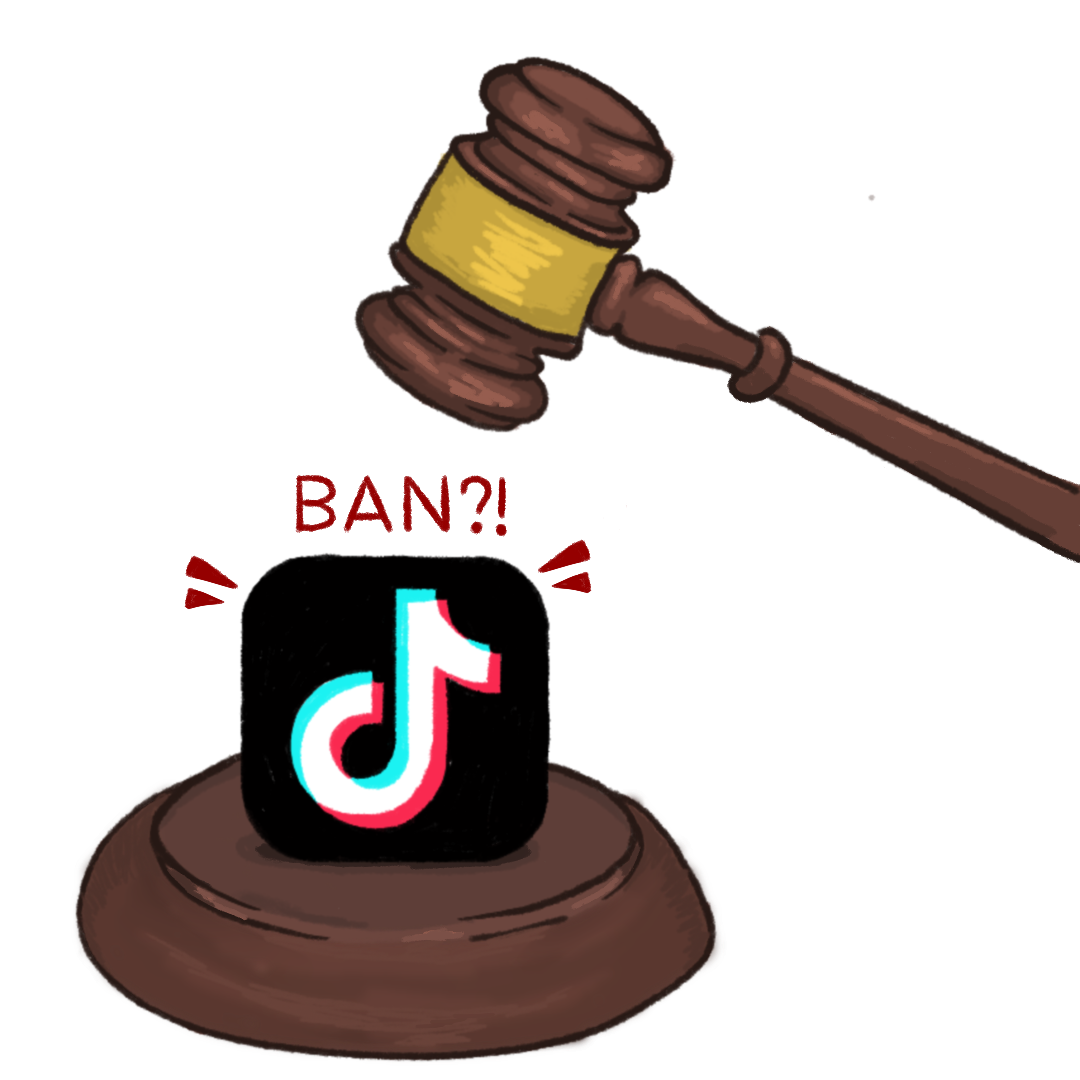On Sept. 1, Senate Bill 379 went into effect in Texas, removing all taxes on menstrual products including tampons, sanitary pads and menstrual cups, and some baby supplies like diapers, baby wipes, bottles and maternity clothing. Texas is the 24th state to remove taxes on menstrual products and the 18th to remove taxes on diapers. While this is a win for Texas, this still leaves just over half of our country having to pay taxes on products that are essential to people who menstruate. The tampon tax is just a small part of the discriminatory pricing that increases the cost of goods and merchandise that are advertised to women, also known as the pink tax.
Unfair gender pricing is not a new thing for our society. In fact, the term “pink tax” can be traced back to the 1990s, when a research report found that in most large cities, the cost to wash and dry-clean a woman’s blouse was higher than that of a man’s button-up shirt. Most often, the pink tax refers to the sales tax on menstrual products. While these goods are necessities for menstruating people, many states to this day still tax menstrual products as luxury goods, but exempt taxes on other necessitous items like medicine and groceries.
Today, the pink tax can be seen all over the shelf, with women’s razors costing up to 47% more than men’s razors, women’s hair care products costing an average of 56% more than men’s, body wash costing 24% more for women than for men — the list goes on. The pink tax can even be seen on products that are not related to hygiene, like clothing.
Sure, the extra dollar or quarter here and there due to the pink tax may not seem like a lot, but it adds up. In a study by The California Senate Committee on Judiciary and Senate Select Committee on Women, Work & Families, it was found that on average a California woman pays $2,381 more per year than a man, for the same goods and services. This inflates to about $188,000 paid in pink tax throughout a woman’s life. When you factor in the fact that women make $0.82 for every $1 a man makes, you can really see the gap of gender inequality in matters of money.
Eliminating the pink tax is one step forward to eliminating gender inequality. As a consumer, you can fight the pink tax by avoiding products that are marketed to one gender, switching to products by brands that do not overprice products based on gender, or consider subscriptions for things like razors or shampoo, as most products tend to cost less with a subscription purchase. You can also do some research and support brands like Billie, that offer a pink tax rebate, or any other brands that are in the fight against the pink tax. Let us take a step back to reconsider how we spend money as consumers and fight together against unfair pricing schemes.














